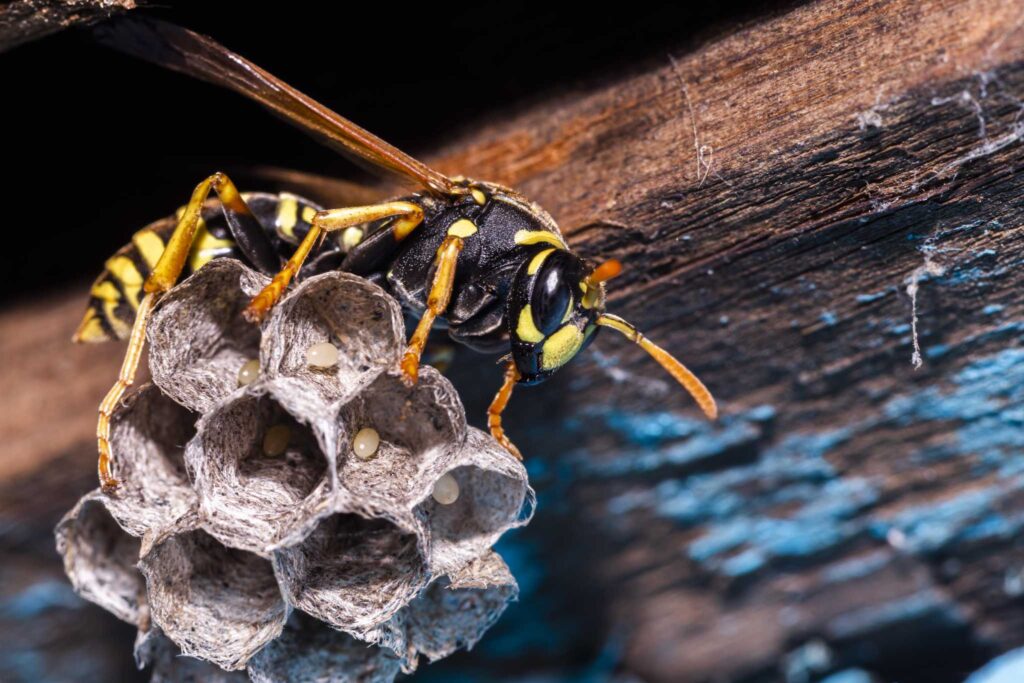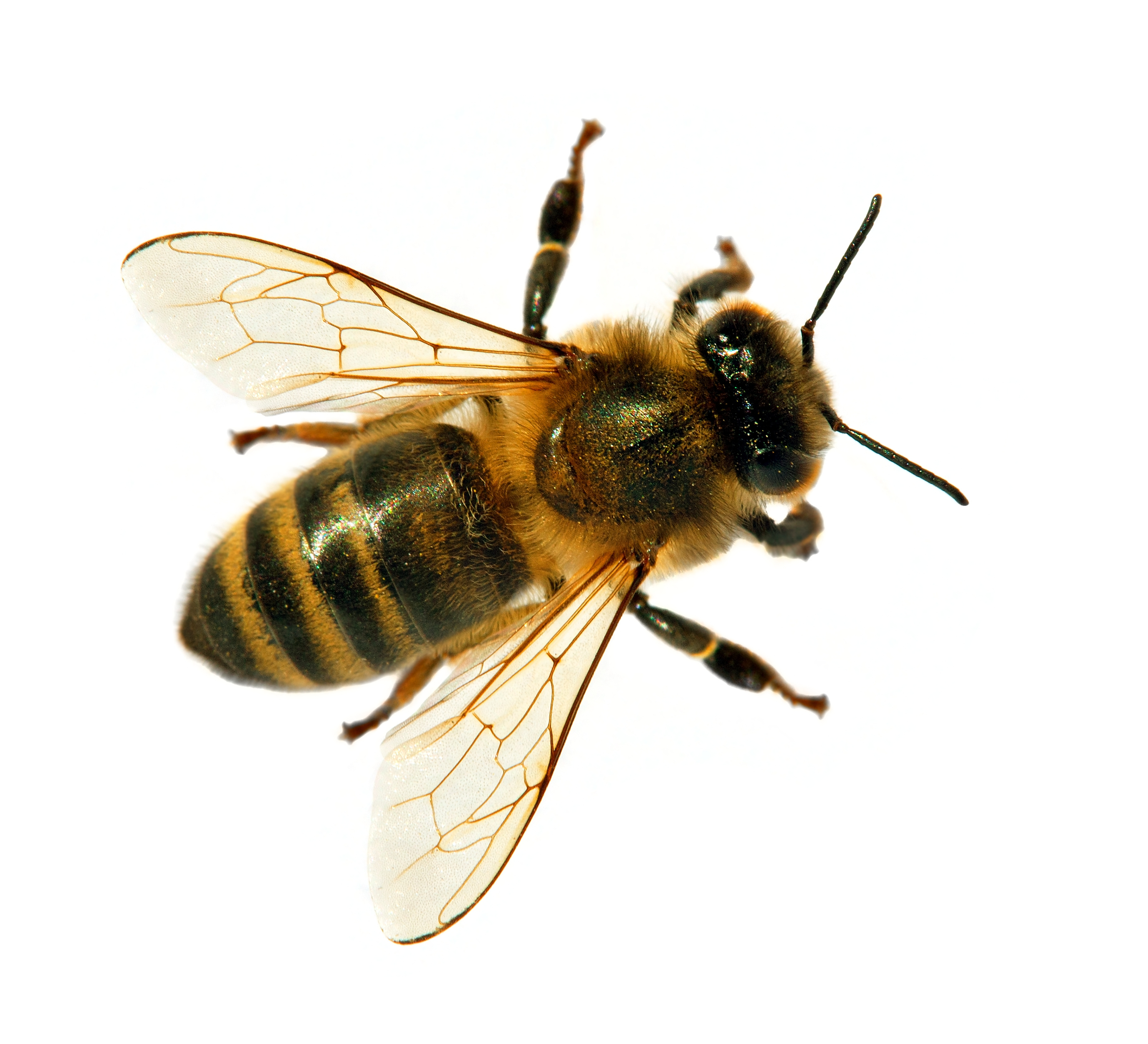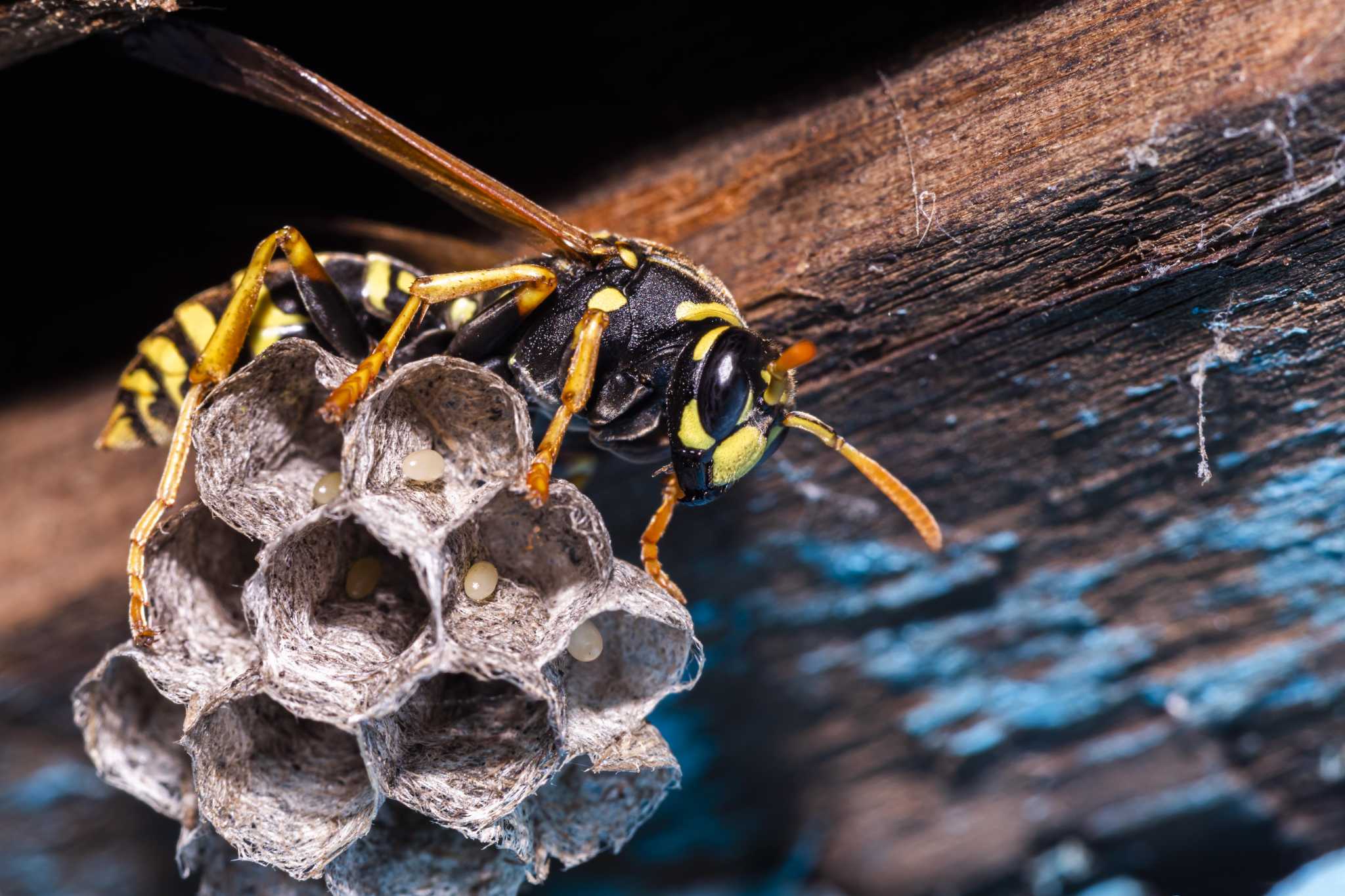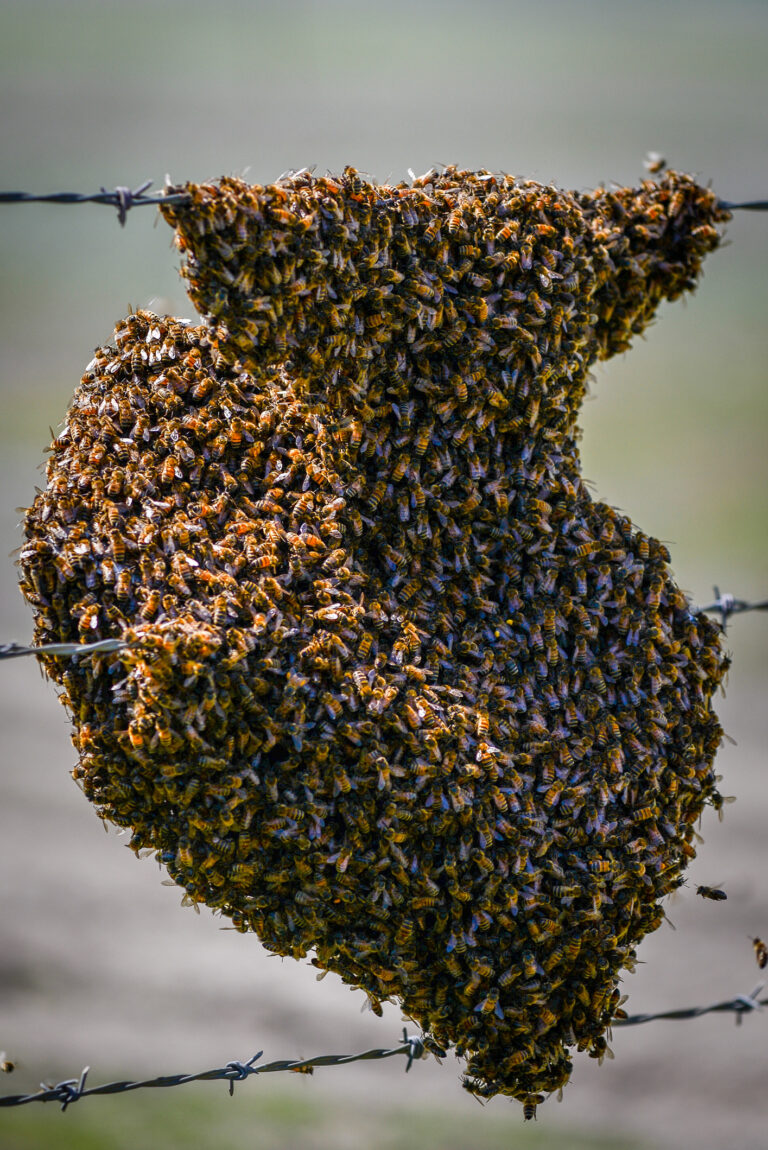Pest Control Quote
Bee Pest Control in Maitland - Bees & Wasps Removal
Helping a Pest Free Environment also in Lake Macquarie, Newcastle and Hunter Valley region.

Bee Control East Maitland - Bees & Wasps Removal
Helping a Pest Free Environment also in Lake Macquarie, Newcastle and Hunter Valley region.
Pest Control Quote

Keep your family safe from bees & wasps
Bee Control East Maitland – The buzzing of bees and wasps may just be a nuisance for some people, but for others, it could signal a life or death situation. Dealing with these stinging insects quickly and efficiently is a must for the safety of people with allergies, small children and pets.
While they pose a threat, bees are also essential to our ecosystem. That’s why the team at OzPest Solutions are always on-hand to help you out. Families call us to remove and control bees because we only use the safest pest control methods to protect your home, family, and the environment.
Learn more about bees and how to deal with them
Our Services
Why trust OzPest Solutions for your bee and wasp control?
1. Reliable
We stand by our quotes and timelines. It’s professional pest control that’s on time, every time.
2. Local personalised
Your friendly face in pest control. We’re a locally owned and operated business and love getting to know our customers.
3. Safe
With our safe methods and products, your family, home, and local environment is in safe hands.
4. Knowledgeable
We’re fully qualified, highly experienced, and ready to share our knowledge with you.
5. Transparent
We’ll take the time to explain what we’re treating, why we’re treating it, and how you can prevent pests from returning.
6. Guaranteed
With our 6-month guarantee on most treatments, in the unlikely event that pests return, we’ll spot treat for free.
I’ve seen bees—now what?
Seeing bees or wasps roaming around your garden, porch, or even indoors can be alarming. But it’s important to stay calm. Most species won’t hurt you unless you bother them, so it’s better to take a step back and assess the situation. Knowing a little more about these insects can help you decide what to do next.
Identifying Stinging Insects

European honeybees
Worker bees are around 12 mm long, furry, and mostly black with yellow bands. Workers venture from the hive, which is found in hollow trees, roof spaces, and wall cavities.

Paper Wasps
Paper wasps have a small head, with medium sized eyes and medium length antennae. The body is slender, with a very narrow waist. There are two pairs of brown-tinted wings, with the first pair larger. The abdomen has some yellow/orange bands, but is mainly black.

European wasp
12 mm to 17 mm long and black and yellow. They are more aggressive than native wasps and bees and can sting repeatedly. Their nests can be found in holes, trees, retaining walls, rubbish, wall cavities, rooves, and compost heaps.
Bee and Wasp Behaviour
Although we usually learn about bees living in huge social groups (like the European honeybee), Australian native bees are usually solitary. Like bees, wasp behaviours are different depending on the species. For example, some are social, and some are solitary, and different species will have different nests.Bee and Wasp Behaviour
Although we usually learn about bees living in huge social groups (like the European honeybee), Australian native bees are usually solitary. Like bees, wasp behaviours are different depending on the species. For example, some are social, and some are solitary, and different species will have different nests.PROBLEMS CAUSED BY BEES ANDS WASPS
The biggest problem with these pests is the potential for anaphylaxis when they sting someone. But even if you aren’t allergic, they can cause some other issues:- Introduced species compete with and drive out native species
- Structural damage from large hives
- Yearly increase in hive size, leading to more insects in the home
- Holes and damage to timber
- Fire hazards from honey and beeswax
PROBLEMS CAUSED BY BEES ANDS WASPS
The biggest problem with these pests is the potential for anaphylaxis when they sting someone. But even if you aren’t allergic, they can cause some other issues:- Introduced species compete with and drive out native species
- Structural damage from large hives
- Yearly increase in hive size, leading to more insects in the home
- Holes and damage to timber
- Fire hazards from honey and beeswax
Tips to prevent bees and wasps

It can be confusing to balance the need for these pollinating insects with your family’s safety. But there are steps you can take to prevent bees and wasps from coming too close to your home while supporting your local environment.
Remove sweet treats
There’s a reason these pests love a picnic. You can deter them by:
- Storing food in airtight containers
- Wiping down benches
- Emptying bins regularly and wiping off any food residue
- Remove food and drinks from patios and outdoor tables
Maintain your home
This is a simple, cost-effective way to prevent a wide variety of pests. You can:
- Check screens on windows and doors for any damage and make repairs
- Look for cracks, crevices, and gaps around skirting boards, doorways, and window frames and seal them
- Clean kitchen bins regularly
- Repair water leaks and remove standing water
Do some gardening
Bees and wasps may love your garden just as much as you do. But you can still enjoy your garden, by:
- Move flowering plants away further away from the home
- Pick up fallen fruit regularly
- Add “bee hotels” to your garden to encourage native bees to nest in more suitable areas
- Tidy garden waste regularly





